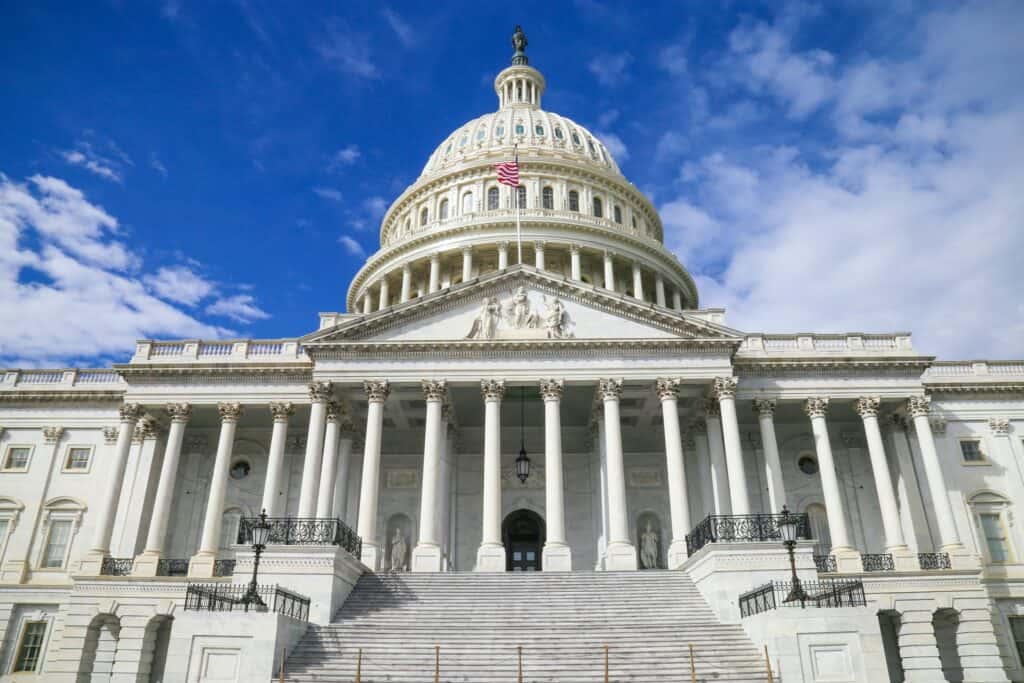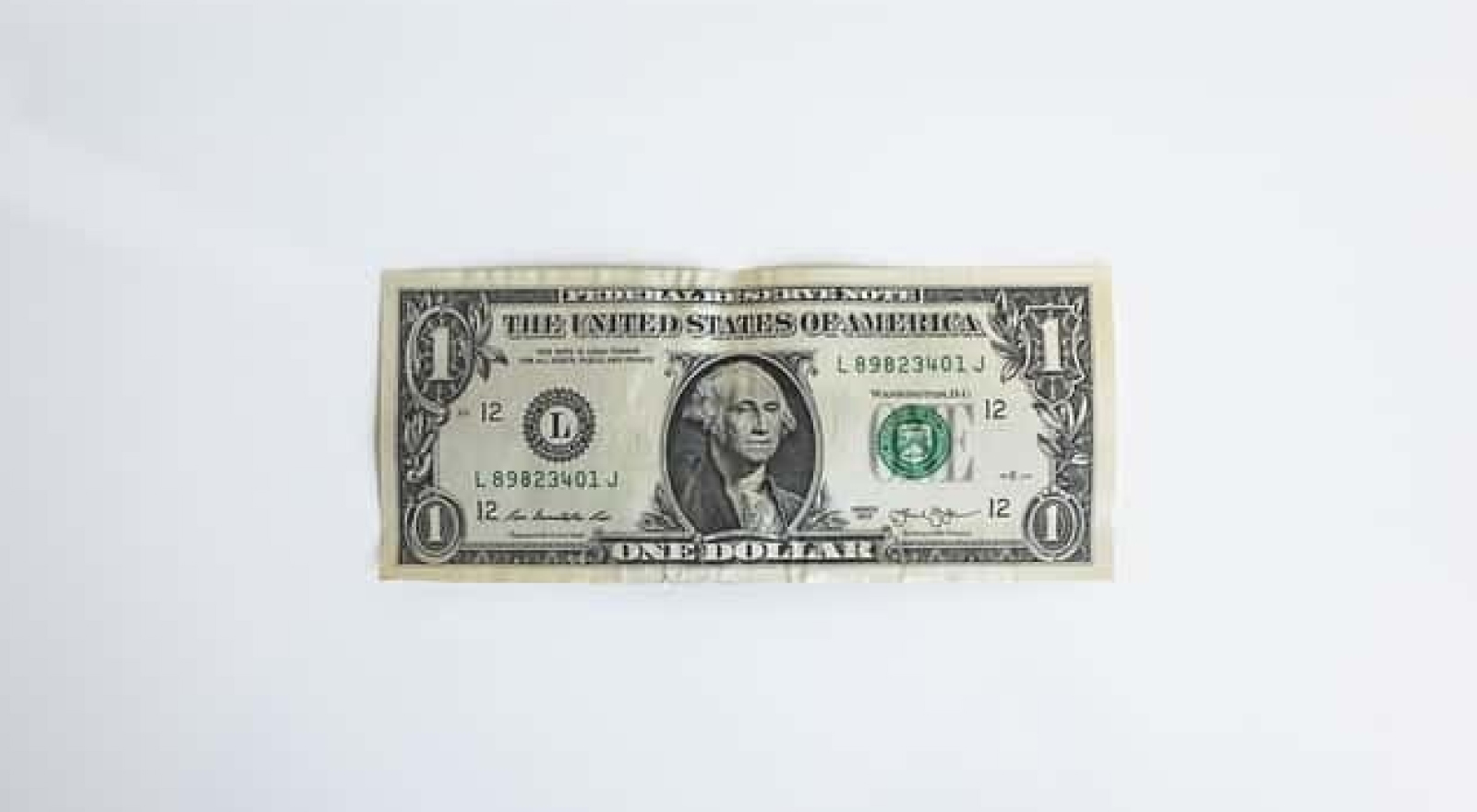The importance of the SAFE Banking Act of 2019

Take Away: With billons of dollars at stake and an industry ready to expand, supporting compliant companies within the cannabis industry is exactly the kind of windfall that the US economy needs. What it will take is public pressure on Congress to pass the Secure and Fair Enforcement (SAFE) Banking Act of 2019.
tarting a new business is difficult under the best of circumstances but gets infinitely more difficult when there are regulatory roadblocks that can block access to capital from banks. Federal law considers cannabis a schedule one drug, which means no banks are willing to provide capital to new cannabis or hemp companies or even extend lines of credit to profitable companies looking to expand. Banks are notoriously risk adverse, preferring to profit on the front-loaded repayment schedule from loans provided to start-ups that have a firmer regulatory footing. This also extends to payment processors, causing the cannabinoid industry to remain a cash-only business despite regulations passed within the 2018 Farm Bill to legalize hemp and hemp-derived products. Even with the growth of the cannabis and hemp industry reaching $12 billion in sales in 2018, there has been a decline in the number of banks that are reporting cannabis business clients.
Legal, Not Legal
Cannabis has been legalized in thirty-three states, whether as a medical only or adult-use consumption model. While state law is an important distinction, and states have been able to garner increased autonomy from federal jurisdiction, the federal law still considers cannabis illegal due to the presence of delta 9 THC, the active psychoactive ingredient in cannabis. Given that many of the banks are multi-state entities with assets protected by the Federal Deposit Insurance Corporation (FDIC), there is little appetite in banking boardrooms to support cannabis-related businesses even when they are compliant with state law. To make the situation even more challenging, all ancillary cannabis businesses are technically violating federal law by providing goods, services, or real estate to cannabis companies.
Banks are not the only limit on financial assistance, as payment processing also is limited. With the decrease of brick and mortar businesses, especially during the COVID-19 pandemic, electronic payments allow for a seamless sales experience. Since hemp-derived products can have components similar to cannabis, it requires payment processor to be extra vigilant in vetting companies that don’t include cannabis components. The only processors that can take that time and effort are well-versed in the cannabis/hemp industry or so large that they can employ staff adequate to thoroughly vet each hemp company. These companies, and access to their services, are limited. So, while payments can still occur online without a payment processor, they require a check or wire transfer that adds an encumbering and cost-adding step to the buying process.
Banking As It Stands Today
The financial institutions that are currently available to cannabis companies include community banks (co-ops) or local banks that do not have a presence outside of specific states. These institutions are trying to fill the need for the industry, but lack the resources and policies to fulfill the requirements of a growing company. For instance, a local co-op bank might have a limit on the amount of money that can be deposited on any one day. If a dispensary exceeds that amount, the cash must be retained, either at the dispensary or in the bank, until the deposits are below the threshold; a less than ideal situation especially if the dispensary never goes beneath that level. There are local banks, for instance Century Bank in Massachusetts, who only have a footprint within the state that provide banking for the cannabis industry. In the case of Century Bank, they had to install a whole separate vault, costing upwards of $0.5M, to ensure to federal regulators that they could keep cash from dispensaries separate from non-dispensary cash. Massachusetts is fortunate because many other adult legal and medical states do not have any banking at all, forcing businesses to be cash only. This situation entails making payroll, submitting taxes, and paying insurance all in cash. In addition, since there is no bank to store the cash, dispensaries must save cash in inconspicuous ways that still allow them access to pay their receivables.
Without access to loans from the banking industry, new companies must find capital from venture backed groups or angel investors. Due to the high failure rate of new companies, especially in the cannabis industry where building a brand is especially difficult and competition with black market growers are a real issue, many times there are onerous terms placed on investment deals. They may require the new business owner to give up upwards of 50% of equity to secure capital, especially if no revenue has been generated before acquiring the investment. Self-funding a new company is also an option, however growth can be stunted and suffer high opportunity costs due to a lack of resources to seize prospects as they arise.
Issues occur while trying to process payments as well. Dispensaries are required to jump through a myriad of hoops to be validated for processing so they can accept credit cards. These processors can drop them at any point if they have not vetted the companies properly and find it easier to drop the whole industry rather than try to find the companies that are not acting in accordance with the process. The industry would like to go to vending machines, or even virtual terminals, to ease the long lines at dispensaries, especially during the COVID pandemic, but businesses are limited by the companies that will allow such types of payments. Payment processors also require more stability so they can build the infrastructure to support the cannabis industry.
What Can Be Done? Get Involved!

This lack of financial support is occurring in $12B industry. So how can it change? While there might be a bank or processor that will try to provide financial assistance, the best solution for both banks and the cannabis/hemp industry is federal regulation passed by Congress. There is currently a bill making its way through Congress known as the Secure and Fair Enforcement (SAFE) Banking Act of 2019. The SAFE Banking Act stipulates that federal regulators will not fine or persecute depository institutions that are providing banking for state-legal cannabis businesses. However, Congress has not been able to agree on passage of the bill to date, and with federal elections slated for the end of 2020, it will probably not be passed at least until the new congress is sworn in at the beginning of 2021.
With billions of dollars at stake in the cannabis industry, certainly the financial incentive is there for banks. Readers of this article are urged to call your elected representatives and urge them to allow lawful businesses to compete on equal footing with an emerging international industry. With a diminished economy due to COVID-19, supporting compliant companies within this industry is exactly the kind of windfall that the US economy needs. Federal support will also allow the US to be a leader in unlocking the potential of cannabis and hemp.



